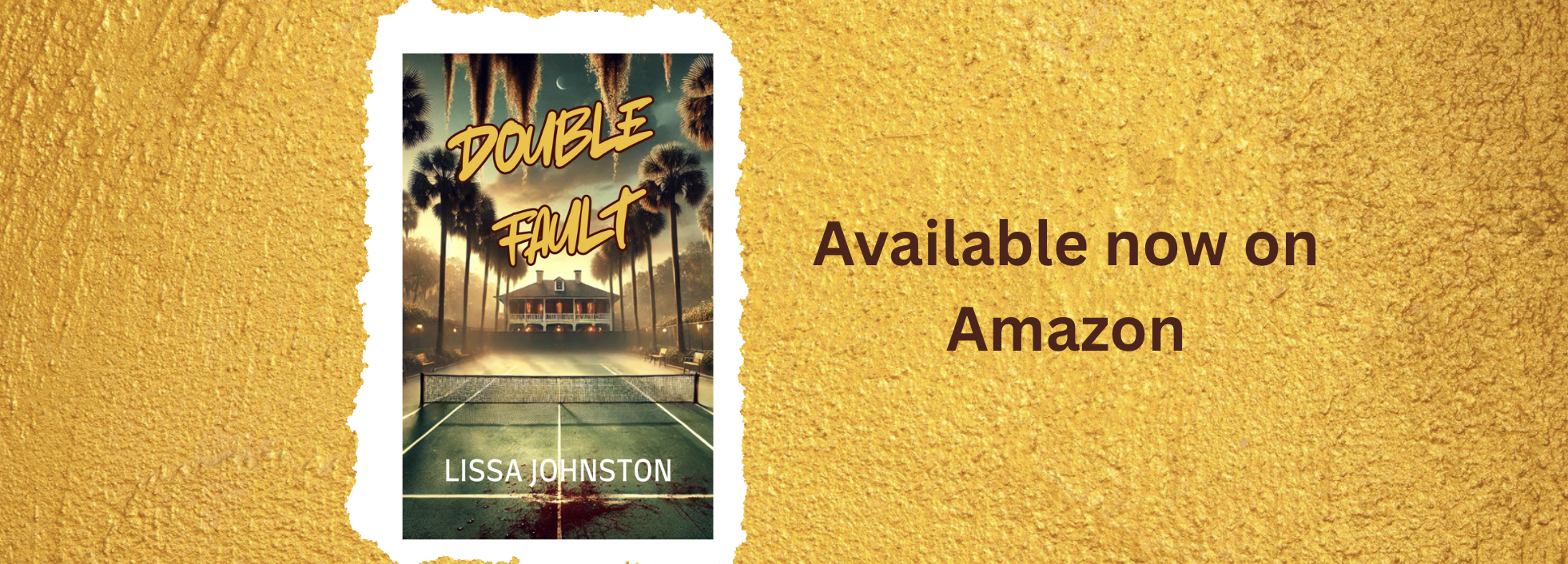based on the Story Grid series of blog posts, books, and podcasts by Shawn Coyne and Tim Grahl.
Anyone else out there a devoted fan/follower/cult member of a particular writing craft guru? If you peruse my bookshelves, you'll find writing craft books by several of my favorites. The usual suspects are in attendance: Kleon, Lamott, Barry, King, Brooks, Snyder, McKee. In an attempt to keep my book purchasing compulsion in check, I try to only buy a book if I find it so captivating and resonant, I can envision myself referring to it frequently.
If I'm honest, only about half of the craft books on my shelf get opened with any regularity. But there is one that I refer to, think about, mull over, and recommend far more than any others: Story Grid by Shawn Coyne.

I'm a proud Story Grid nerd and I don't care who knows it. I've found it tremendously useful, and I'm starting a series of blog posts about it because I hope you will find it useful as well.
Blogging about the Story Grid method certainly isn't original to me. They've got their own website, blog, podcasts, classes, you name it. I encourage you to check them out. It will be well worth your time. Just think of my efforts here as fan non-fiction.
Story Grid consists of a variety of concepts and tools developed by editor Shawn Coyne. Coyne describes his method as a 'pragmatic approach to solving the story creation problem'. He uses a variety of analysis tools, including a robust spreadsheet that serves as a combination story spine and editing tool; an overview of the various genres; and a checklist of recommended story components.
One of the Story Grid family of podcasts is devoted to applying the Story Grid analysis to well-known stories, usually films. I find these analyses extremely enjoyable as well as useful. So I thought I would jump on the bandwagon and add a few of my own.
Recently I attended a Story Grid Live event in Nashville. The presentations were great. But the breakout sessions . . . oh, my. As Shawn likes to say, that's where the rubber hit the road. During the breakouts, groups of a half-dozen or so of Story Grid nerds sat around discussing specific scenes from a masterworks. We worked on identifying the 5Cs and other important components. Sometimes we agreed. Sometimes, we didn't. It was glorious.
I do something very similar when my online critique group gets together via Skype every two weeks. But I'm thinking, you just can't get enough of a good thing. I could do this every day.
TBH, I sorta already do this every day. Every time I read a book or watch a show, I'm breaking it down into its Story Grid components. But when you do it in a group setting, the benefits increase exponentially.
Now, I regret I cannot meet with a bunch of other story nerds in person every day, much as I would like to. But thanks to the internet, we can do the next best thing: we can blog and comment. So without further adieu, here's my contribution to spreading the Story Grid wealth.
I'm starting with a film I love and am studying as a prime example of a well-crafted action story, which is the genre I'm currently working in as well. I've selected Aliens, the second film in the franchise.
In this blog post, I'm going to attempt a macro analysis that identifies the 5Cs of the global story/entire film. In a separate post, I'll do a micro analysis of a specific scene. I hope this demonstrates the versatility of understanding the concept of the 5 Commandments as a craft tool and how it can be useful in just about any phase of your writing project.
Before I dive into the 5C's of Aliens, it would probably be helpful to catch you up just in case you're not familiar. The 5 Commandments, or suggested components, of a successful story include the following.
The Inciting Incident something happens to upset the apple cart
The Turning Point/Progressive Complication we now have a different metaphor: the straw that breaks the camel's back
The Crisis the protagonist is now in a pickle and must make a decision
The Climax the protagonist makes their decision
The Resolution the results of this decision unfold
Easy enough to understand, amirite? The fun begins when we attempt to apply them to actual stories.
One more thing before we get to the analysis: it's kinda hard to give a wrong answer in this stuff. Story Grid nerds relish the opportunity to discuss the various options at length. My opinions below are just that: opinions. My primary goal in posting this stuff is to spark some vigorous discussions. Agree with me on these? Great! Disagree? Even better! Let's discuss!
Okay, enough of the prelude. Let's get down to business. Here's my analysis, in a handy infographic, of the 5 Commandments applied to the entire film, Aliens.

Pretty simple, right? Yeah, sure, it is now, after hours of sweating through the various options and rearranging and rethinking. For example, initially I had the Inciting Incident as when Ripley is rescued in outer space after 57 years in cryosleep. There are also several viable candidates for the Turning Point. And the entire film is full of what we can all probably agree is one crisis after another.
I look forward to your thoughts on which of the scenes in Aliens best fit the global 5C's. In my next post, I'll apply the same analysis to a specific scene, rather than the entire story.
Thanks for reading! If you enjoyed this post, I hope you'll take a minute to subscribe to my blog (the subscribe box is near the top of the right sidebar). Oh, and p.s. this post includes affiliate links.















